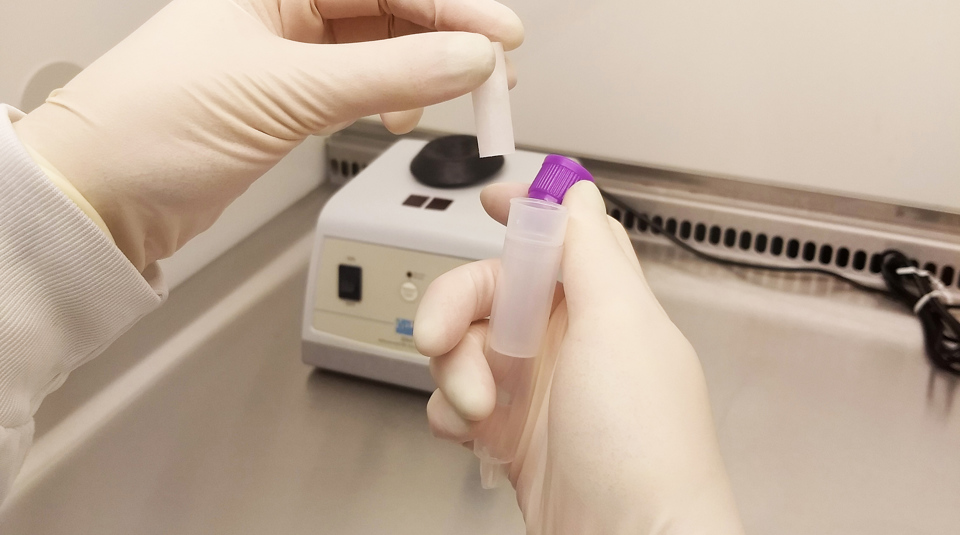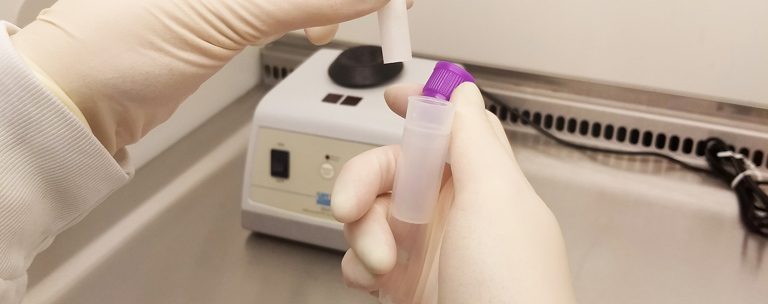An ESR study investigating testing for COVID-19 in saliva has been given the green-light to commence in January.
Funded by ESR, the study will run over 2-3 months, commencing on the week of 25 January. It will involve Air New Zealand staff providing a saliva sample alongside their regular nasopharyngeal sample, known as paired sampling, so the two can be compared.
ESR Chief Scientist Dr Brett Cowan says there is a hope for saliva to be more comfortable than current methods.
“This study will go a long way to determine how saliva testing might fit, or not fit alongside nasal swab testing, within New Zealand’s unique context where we must detect and track every case. Every time our testing regime is adjusted, it needs to be based on rigorous, evidence-based science to ensure our communities have the best protection. If saliva testing is to be incorporated into our testing regime, it needs to undergo that same scrutiny for us to have confidence in its ability to detect COVID-19.”
The study will include the SalivaDirect COVID-19 testing technology developed at the Yale School of Public Health.
“Yale’s protocol needs to be adapted for the New Zealand context and we have been creating an evidence base for it along with the other options out there. Just like our gold-standard test, the nasopharyngeal sample by PCR, we need to validate results and protocols in New Zealand laboratories,” Dr Cowan says.
As the national reference laboratory, ESR is best placed to do this work and the study will involve several experiments, such as the trialling of three methods for the saliva collection.
It will also further develop laboratory procedures to best work with saliva, as it can be difficult to work with in the laboratory. “It’s sticky and bubbly,” Dr Cowan says. “This makes it much more labour intensive and difficult for laboratory staff, but we have had some clever scientists working on those issues and the study will help them along.”
Air New Zealand Chief Medical Officer Dr Ben Johnston says, for the airline’s crew, pilots and airport staff, surveillance testing for COVID-19 will be required for some time into the future.
“It’s great to be teaming up with ESR on this study to see if there is a more non-invasive and comfortable testing option which would greatly improve the experience for our people and New Zealanders.”
ESR are undertaking several other bodies of work alongside the study to support the evidence base, including the collection of paired samples from positive cases in managed isolation and quarantine facilities.
The results will be provided to the Ministry of Health. Dr Cowan says if the results are promising, then New Zealand may have another instrument to add alongside the nasal swab in the country’s toolbox in the fight against COVID-19.

